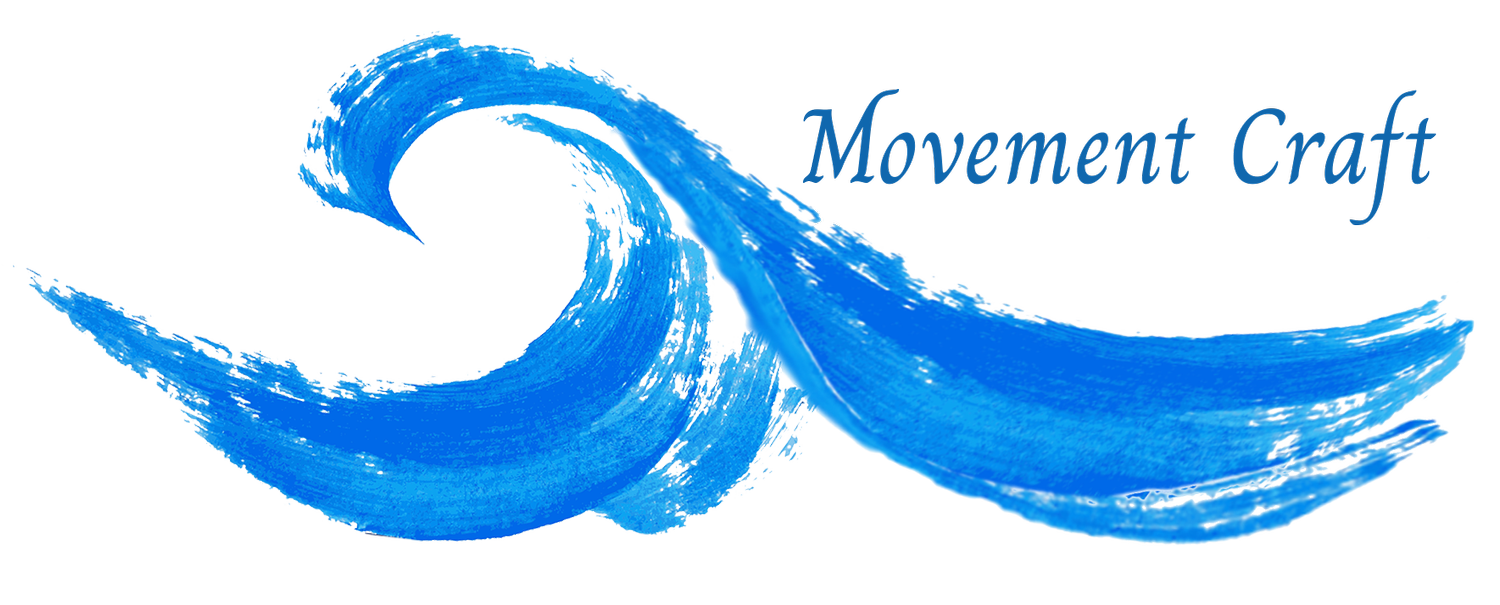Exploring Hashimoto’s, Goiters, and Thyroid Health with Momoko Uno
In my latest podcast episode of "Better Than A Pill," I had the pleasure of speaking with Dr. Momoko Uno, a remarkable expert in integrative medicine, functional medicine, and acupuncture. Her insights into thyroid health, particularly Hashimoto's disease and goiters, were eye-opening and deeply informative. As someone who’s navigated these issues personally, I found her advice to be both enlightening and practical.
Hashimoto’s disease is an autoimmune condition that predominantly leads to low thyroid function. It’s a silent disruptor, often starting with vague symptoms such as fatigue, mild depression, and digestive issues. For many, these initial signs are easy to dismiss or misinterpret. I can relate to this personally; my own journey began with a sense of fatigue and inexplicable weight gain before I even considered the thyroid might be involved. Momoko explained that Hashimoto’s can be particularly tricky because its symptoms often overlap with those of other conditions, making early diagnosis challenging. This delay can lead to misdiagnosis and incorrect treatments, which is why being proactive about our health is crucial.
Momoko’s discussion on goiters was equally compelling. A goiter is essentially an enlargement of the thyroid gland, which can be a response to iodine deficiency, though other factors can be at play. In my case, a goiter appeared unexpectedly, which led to a biopsy and ongoing monitoring. I found it particularly interesting when Momoko mentioned that goiters could sometimes shrink on their own, especially if iodine deficiency is the underlying issue. However, she cautioned that the cause of goiter formation can vary widely—be it iodine deficiency, heavy metal accumulation, or other factors.
One point that resonated with me was Momoko’s emphasis on personalized care. While certain interventions, such as iodine supplementation or dietary adjustments, can be beneficial, they’re not universally effective. She stressed the importance of understanding individual triggers, which might include environmental factors like heavy metals or radiation. I’ve learned this lesson the hard way; my initial approach to addressing my goiter involved iodine, but it wasn’t until I took a more comprehensive look at my health and environment that I saw improvement.
Momoko’s approach to thyroid health also highlighted the significance of managing stress and maintaining a balanced diet. Chronic stress and poor dietary choices can exacerbate thyroid problems, which is why a holistic approach—incorporating stress management techniques and an anti-inflammatory diet—can be so beneficial. For me, embracing a more balanced lifestyle has been transformative. Reducing gluten, dairy, and sugar has made a notable difference, although I always remind myself to maintain some flexibility in my diet to avoid the stress of perfectionism.
In our conversation, Momoko addressed the misconception that thyroid medication is a lifelong sentence. While some individuals may require ongoing medication, many can reduce or even eliminate their need for it through proper management of their condition. This hopeful perspective resonated deeply with me, as it aligns with my own experiences of improving my thyroid health through lifestyle changes and targeted therapies.
Overall, this episode was a rich source of knowledge and practical advice for anyone dealing with thyroid issues. I encourage you to listen to the full conversation for a deeper understanding of how to manage Hashimoto’s disease, goiters, and thyroid health from a holistic perspective.
